Search Results
Showing results 401 to 420 of 429
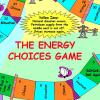
Energy Choices Board Game
Source Institutions
This board game teaches learners about energy decision making. Players select cards that determine the transportation and home design that will influence their expenses as they play.
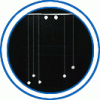
Build the Big Dipper
Source Institutions
Learners use simple materials to construct a model the Big Dipper. Learners hang the model from a doorway or ceiling and look up at it to see the constellation as seen from Earth.
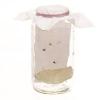
A Slice of Apple Fly
Source Institutions
In this activity, learners build an instrument for catching and observing flies. Learners act as entomologists, attract flies into a jar using a slice of apple, and then observe the flies' behavior.
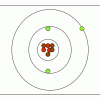
M&M® Model of the Atom: Edible Subatomic Particles
Source Institutions
In this activity, learners use colored candy to represent subatomic particles and make a model of an atom (Bohr model).
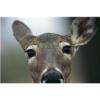
An Interdisciplinary Deer and Human Population Study
Source Institutions
This activity helps the learner answer the question: "What environmental problems arise due to animal and human overpopulation and what might need to be done to combat these problems?" Learners play a
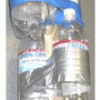
Portable Potable Pressure
Source Institutions
In this activity, learners use plastic water bottles, wood, and water to build an inexpensive and portable tool to demonstrate one atmosphere of pressure at sea level.
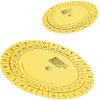
Cipher Wheel
Source Institutions
In this activity, learners make their own encrypted code to pass along secret messages using a printable cipher wheel.

Measure the Pressure II: The "Dry" Barometer
Source Institutions
In this activity, learners use simple items to construct a device for indicating air pressure changes.
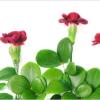
Color-Changing Carnations
Source Institutions
Learners place cut flowers in colored water and observe how the flowers change. The flowers absorb the water through the stem and leaves.
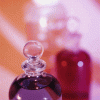
How Sweet It Is
Source Institutions
In this activity (4th activity on the page), learners use their sense of smell to rate and arrange containers filled with different dilutions of a scent (like cologne or fruit juice) in order from wea
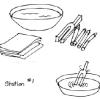
Good Vibrations
Source Institutions
This lesson (on pages 15-24 of PDF) explores how sound is caused by vibrating objects. It explains that we hear by feeling vibrations passing through the air.
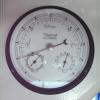
Make Your Own Barometer
Source Institutions
In this weather activity (page 10 of the PDF), learners will demonstrate the changes in atmospheric pressure by constructing their own barometer.
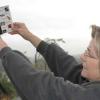
Ready to Observe: Enhance Your Telescope Experience
Source Institutions
This fun hands-on astronomy activity uses a variety of simple props to help learners understand why they see what they see in a telescope.
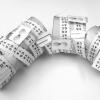
DNA and Histone Model
Source Institutions
In this activity, learners construct a 3-D paper model depicting how histone, acetyl and methyl molecules control access to DNA and affect gene DNA expression.
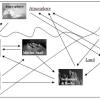
Carbon Cycle Roleplay
Source Institutions
In this creative roleplay activity, learners will explore the various processes of the carbon cycle using movement and props to aid in comprehension.
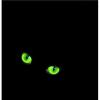
Seeing in the Dark
Source Institutions
In this activity (17th on the page), learners investigate why you cannot see colors in dim light.
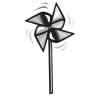
Magnet Powered Pinwheel
Source Institutions
Learners use the current flowing in a wire to create a magnetic field that turns a magnet. Learners can use this property of electromagnetism to build a magnet-powered pinwheel.
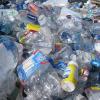
Don't Throw it in the Garbage
Source Institutions
In this activity, learners discover why only some types of plastic can be recycled.
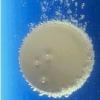
Exploring Properties: Surface Area
Source Institutions
This hands-on activity demonstrates how a material can act differently when it's nanometer-sized.
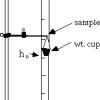
Stretching Wires
Source Institutions
In this activity, learners determine the elastic and plastic properties of different types of metal wires.
